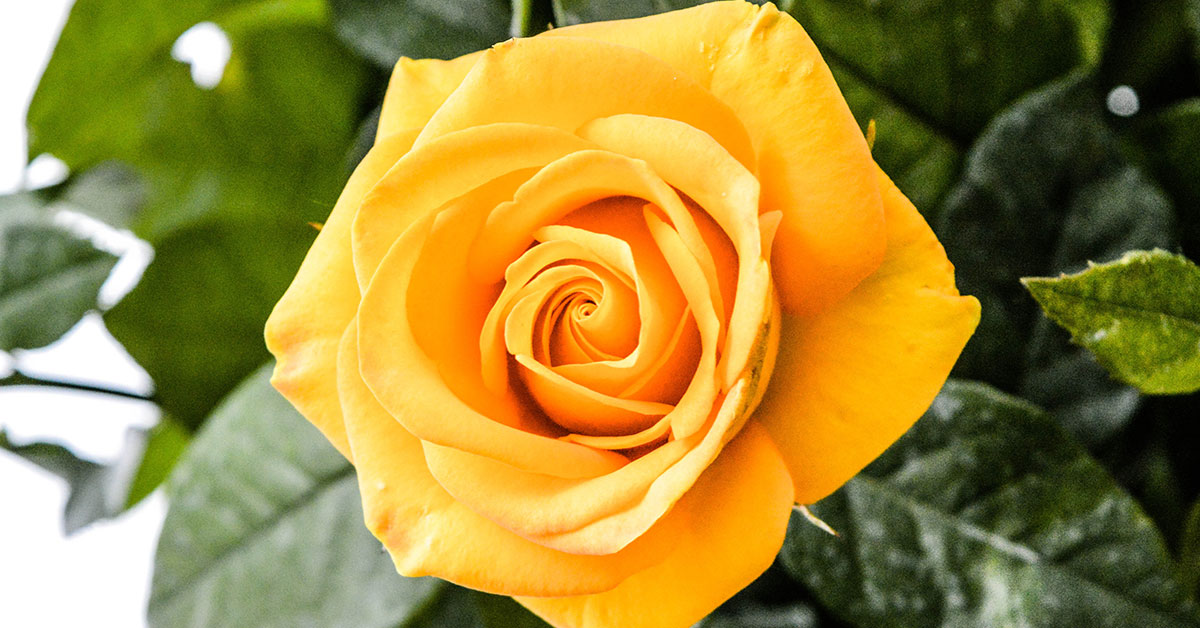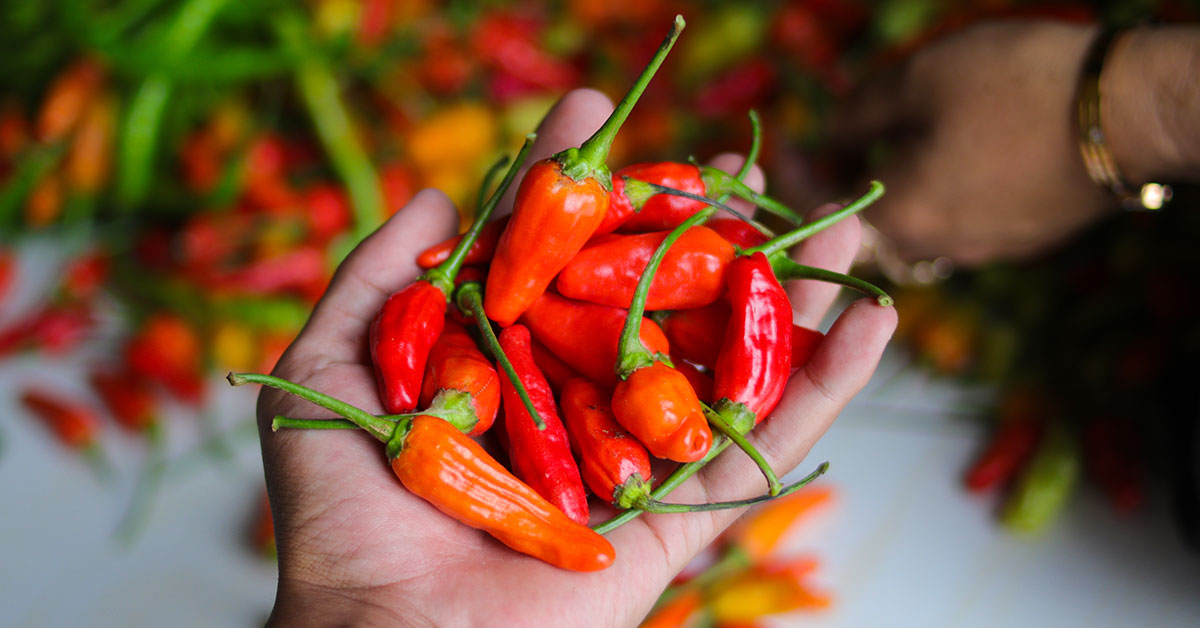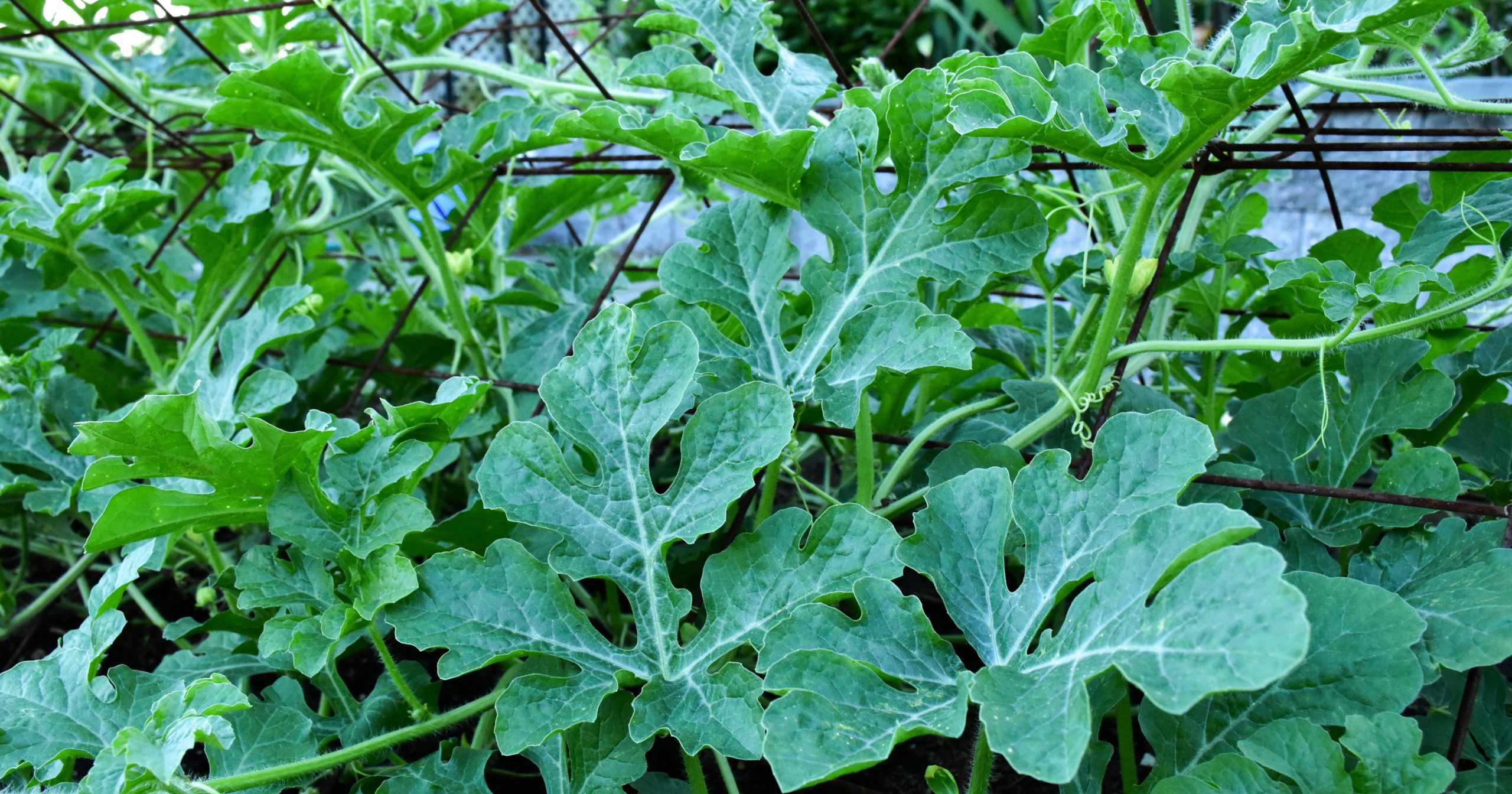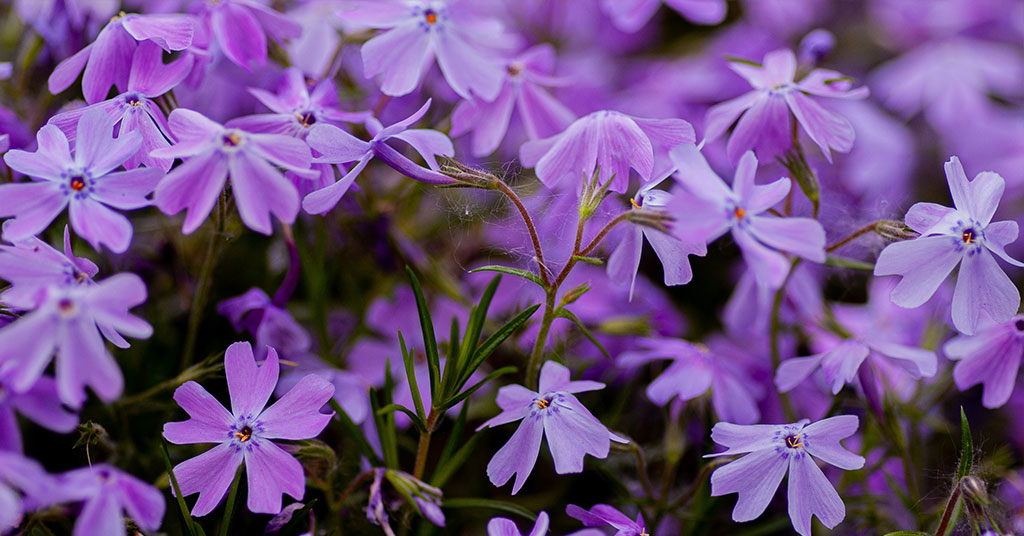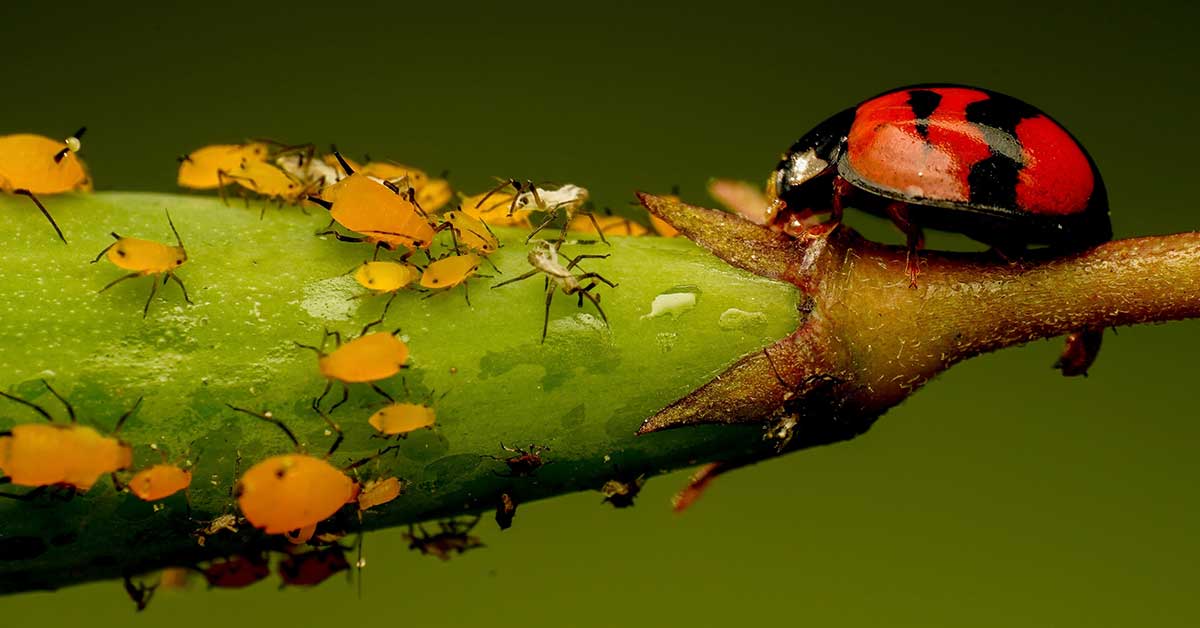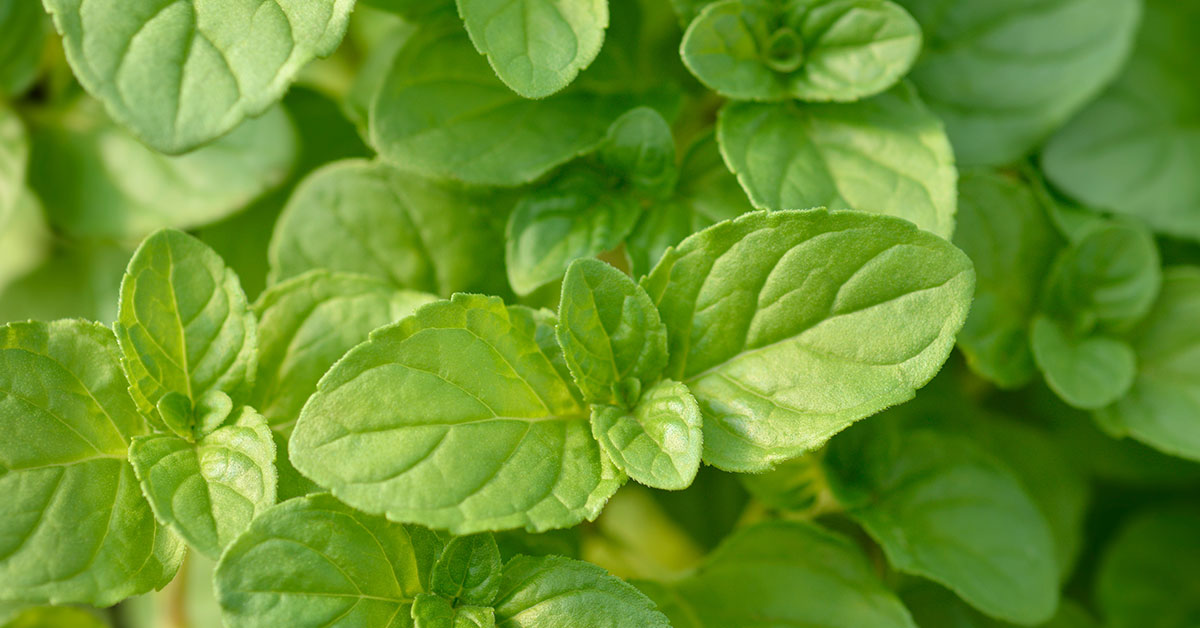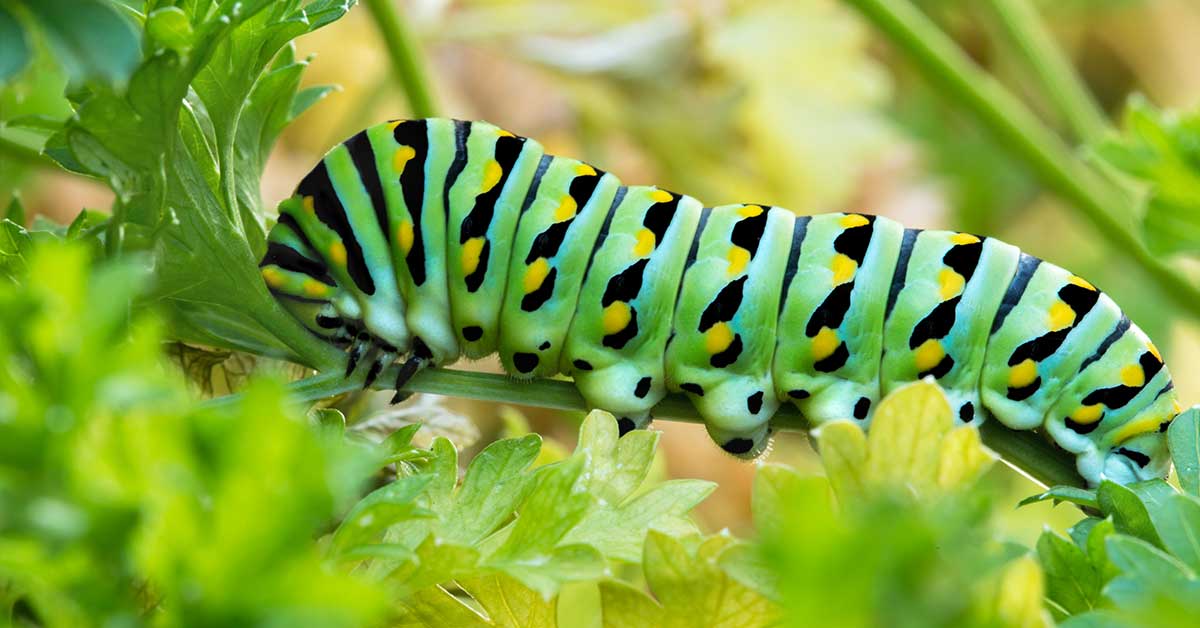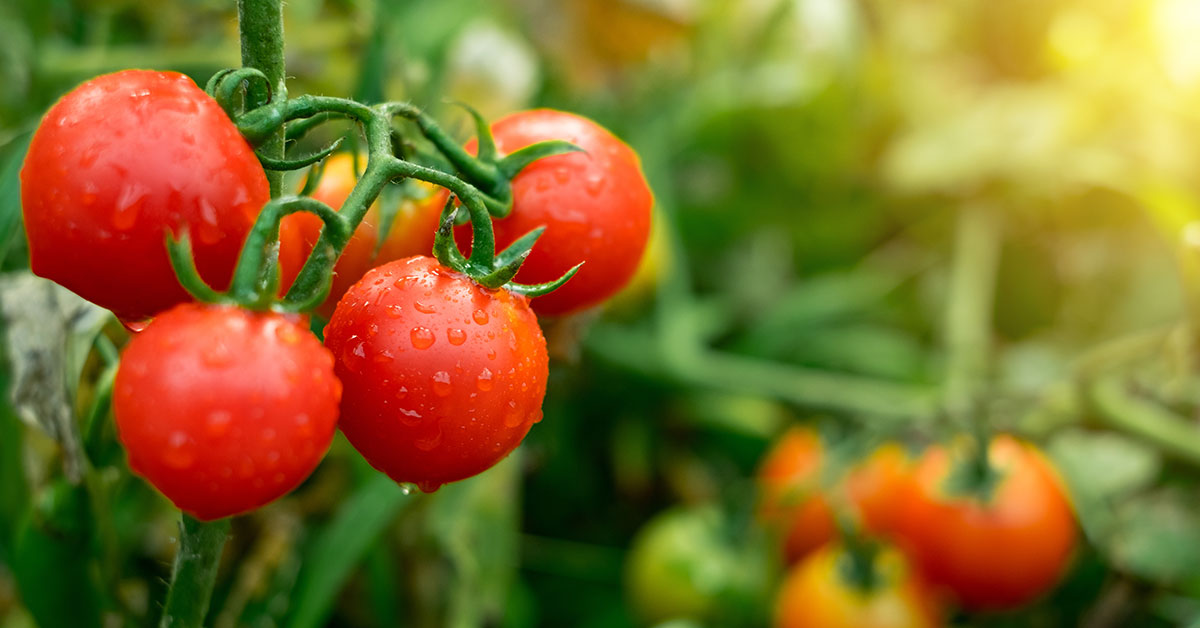Roses, with their exquisite beauty and captivating fragrance, have long been revered as the queens of the garden. To ensure these regal flowers reach their full potential, it is crucial to provide them with the right nourishment. A key component in the success of rose cultivation lies in choosing the best fertilizer. With a plethora of options available, selecting the ideal fertilizer can be a daunting task for both novice and experienced gardeners alike.
In this comprehensive guide, we will explore the various factors to consider when choosing a fertilizer for roses, including the essential nutrients required for optimal growth, the different types of fertilizers available, and recommendations for the top-rated fertilizers that have proven to yield outstanding results. Whether you are a passionate rose enthusiast or a beginner looking to embark on a rose-growing journey, this article will equip you with the knowledge to select the perfect fertilizer and help your roses flourish in all their splendor.
Do Roses need to be fertilized?
Roses do require fertilization for optimal growth. Fertilizers provide essential nutrients that roses need to develop strong roots, healthy foliage, and abundant blooms. A balanced fertilizer formulated specifically for roses, such as one with an NPK ratio of 10-10-10 or 12-6-6, is recommended. It is best to apply fertilizer in early spring when new growth begins and again in late spring or early summer to promote continuous blooming. Be sure to follow the instructions on the fertilizer package for proper application rates and methods.
The best fertilizer for Roses
The best fertilizer for growing roses is one that is specifically formulated for roses, such as a rose fertilizer or a balanced fertilizer with a higher ratio of phosphorus (P) and potassium (K) compared to nitrogen (N). These nutrients are essential for promoting healthy root development, strong stems, and abundant blooms.
Look for a fertilizer with an N-P-K ratio of around 5-10-5 or 10-20-10. This means the fertilizer contains 5% or 10% nitrogen, 10% or 20% phosphorus, and 5% potassium. These ratios are ideal for roses as they provide the necessary nutrients for overall growth, root establishment, and flower production.
Additionally, consider using slow-release fertilizers or organic options, as they provide a steady supply of nutrients over time and promote long-term soil health. Always follow the instructions on the fertilizer packaging for proper application rates and timing, as over-fertilizing can harm the roses.
Remember, in addition to fertilizing, roses also require regular watering, proper sunlight, and pruning to thrive.
When to fertilize Roses
The ideal time to fertilize rose plants is in early spring, just as new growth begins. This is typically around late March or early April, depending on your climate and location. Fertilizing at this time helps provide the necessary nutrients for the rose plants to produce healthy foliage and blooms throughout the growing season.
It’s important to note that different types of roses may have slightly different fertilization requirements. Hybrid teas, floribundas, and grandifloras are heavy feeders and benefit from regular fertilization, while shrub roses and climbers may require less frequent feeding. Always refer to the specific fertilizer instructions and recommendations for the type of roses you are growing.
Additionally, it’s a good practice to give roses a second round of fertilizer after their first bloom cycle, usually around mid-summer. This helps promote continuous blooming and overall plant health. Avoid fertilizing roses in late summer or fall, as this can encourage new growth that may not have time to harden off before winter, making the plants more susceptible to cold damage.
Remember to water the plants thoroughly before and after fertilizing to ensure proper nutrient uptake and to prevent any potential fertilizer burn.
Common issues with fertilizing Roses
When fertilizing roses, several common issues or problems can arise. Here are a few:
- Over-fertilization: Applying excessive amounts of fertilizer can lead to nutrient burn, where the roots of the rose plant are damaged due to high concentrations of salts in the soil. This can cause leaf scorch, wilting, and stunted growth.
- Under-fertilization: Insufficient fertilization can result in nutrient deficiencies, leading to weak growth, pale foliage, and reduced flower production. Roses require regular feeding to maintain their health and vigor.
- Imbalanced nutrient ratios: Roses require a balanced blend of nutrients, including nitrogen (N), phosphorus (P), and potassium (K), as well as trace elements. An improper ratio can affect plant growth and flowering. For instance, excessive nitrogen can promote lush foliage growth at the expense of flowers.
- Incorrect timing: Timing is crucial when fertilizing roses. Applying fertilizer too early in the season may encourage premature growth that can be damaged by late frosts. On the other hand, fertilizing too late in the season can hinder the plant’s ability to harden off before winter.
- Improper application: Applying fertilizer too close to the base of the rose plant can burn the roots. It is best to spread the fertilizer evenly over the root zone, which extends beyond the drip line of the plant. Additionally, watering the plants after fertilizing helps to prevent root damage.
- Using the wrong type of fertilizer: Roses benefit from a balanced slow-release fertilizer formulated specifically for roses or flowering plants. Using a fertilizer with high nitrogen content, such as those designed for lawns, can lead to excessive foliage growth and reduced flowering.
- Ignoring soil pH: Roses prefer slightly acidic soil with a pH range of 6.0 to 6.5. If the soil pH is too high or too low, it can affect nutrient availability, leading to deficiencies or toxicities. Regular soil testing can help determine if any adjustments are necessary.
To avoid these issues, it is essential to follow the recommended fertilization guidelines for roses, considering the specific needs of the variety and the soil conditions. Regular monitoring of the plants’ health and adjusting the fertilization program accordingly can help maintain healthy and vibrant roses.
